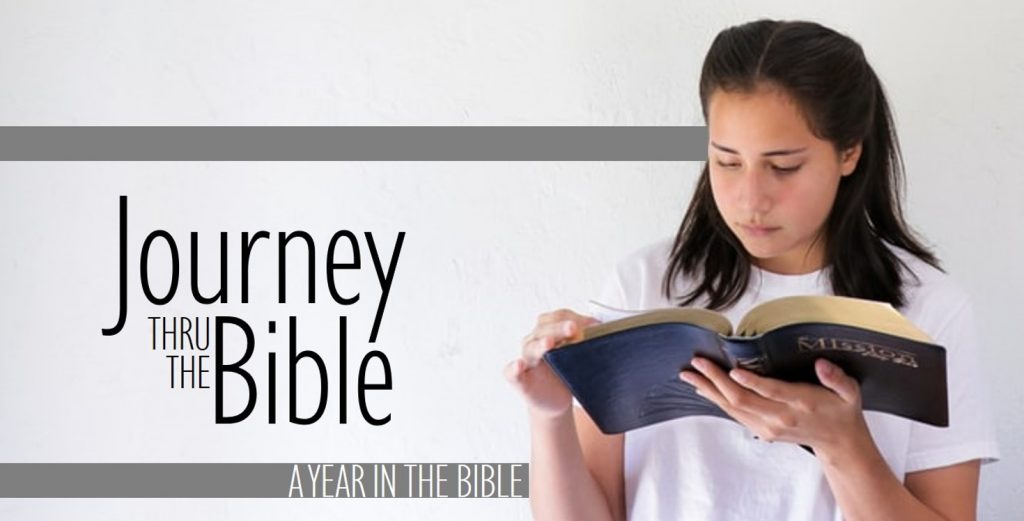
The third book of the Torah or Pentateuch is Leviticus. The name of the book in English is from the Greek leuitikon, which associates the book with the priestly tribe of Levi. The Hebrew title for the book is arqyw, “And He called,” which is how the book begins (Leviticus 1:1).
The theme of the book of Leviticus is holiness. The Hebrew word for “holy” (sdq) appears 87 times throughout the book (about 20% of the times the word appears in the Bible). Leviticus 19:2 stands as the theme for the book. It reads, “You shall be holy, for I the Lord your God am holy” (cf. Exodus 19:6; Deuteronomy 7:6; 1 Peter 1:16). In chapter 11, we find an extensive list of clean and unclean animals. The list is not about health and hygiene (Acts 10 releases Leviticus 11—there wasn’t a technological boom in the 1st century AD resulting in a great improvement on preserving meats. It is about holiness; it is about developing the ability to distinguish between good and evil (11:44-47; cf. Hebrews 5:12).
There is an interesting correlation between Leviticus and the book of Genesis.
- CREATION: In the creation account Moses reveals that God rested on the seventh day—the Sabbath. Leviticus builds on this, identifying the Sabbath as a sanctified day, and providing laws concerning it.
- ADAM & EVE: Genesis tells of their creation and of sin entering the world through them. Leviticus discusses sin (Heb. chattath) at length. In fact, the word appears sixty-six times in the book, which is about 25% of the times it appears in the Bible. In Genesis 3:21, God made atonement for Adam and Eve, covering them. The book of Leviticus focuses on the need for atonement and the important role sacrifice plays in atonement.
- CAIN & ABEL: Can and Abel brought different sacrifices before the LORD. Leaving the discussion of the quality, purpose, attitude, etc. of the givers aside, Abel brought an animal sacrifice—the firstborn of the flock and their fat; Cain brought an offering of produce—a grain offering. The book of Leviticus gives laws on how to properly offer both types of sacrifices.
- NOAH: The word altar (Hebrew, mizbeach) first appears in Genesis with Noah (8:20). This word appears 77x in the first 10 chapters of Leviticus. With Noah, we see the distinction of clean/unclean animals being referenced, but no details are given. The details are in Leviticus. Genesis 9:4-5 speaks of the sanctity of blood—Leviticus 17 speaks further of life being in the blood.
- OTHER: The connections and parallels continue through the books with various things appearing in the lives of Abraham, Isaac, Jacob and Joseph, including sexual sins, marital relationship (ie. More than one wife), redeeming people and property, etc..
The book of Leviticus emphasizes holiness from start to finish, and reveals that it is not just an attitude—holiness is demonstrated through action. Holiness is something we do (or do not do, as the case may be). Holiness stems from obedience to God and His will. Holiness demands we have the ability to know the difference between clean and unclean, between good and evil, and that we choose what is clean and good.

